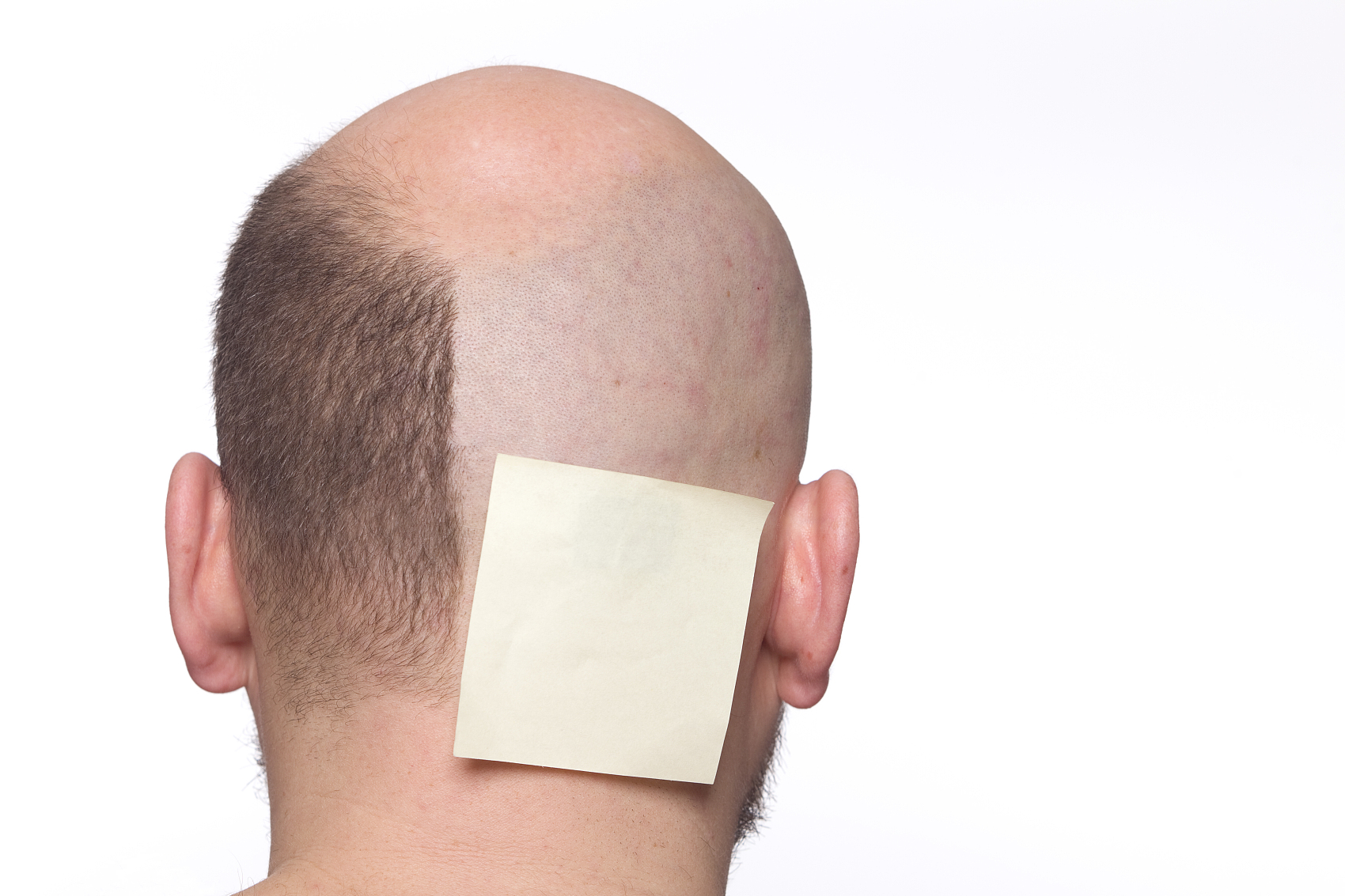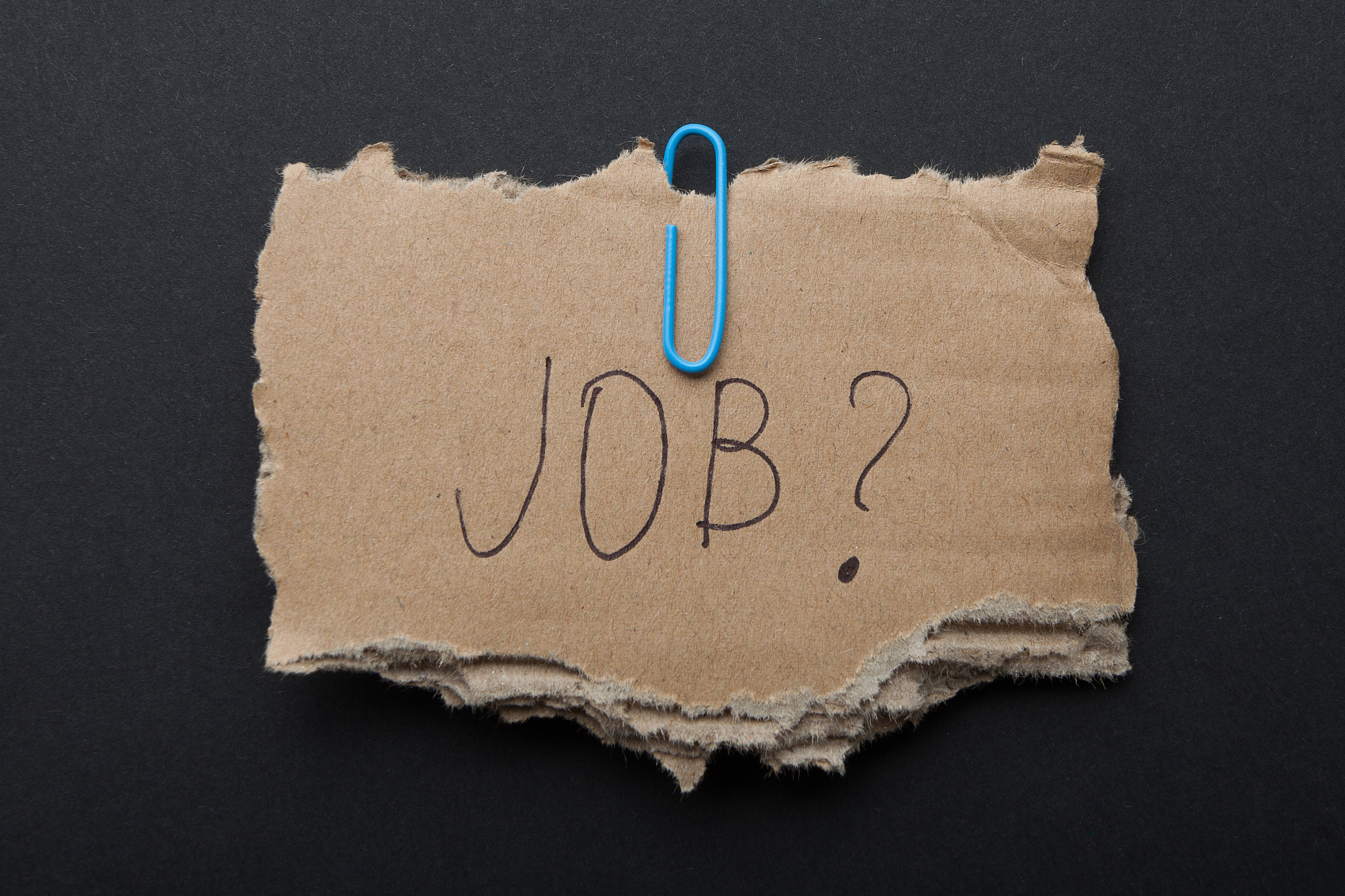Unemployment isn’t just tough on your wallet—it’s hard on your mind too. Dealing with unemployment can bring on a lot of negative emotions, sometimes lingering even after you’ve found a job. Knowing what you’re up against mentally can help you cope and heal.
Understanding Different Types of Unemployment
You might not realize it, but there are several types of unemployment, and recognizing them can help you see that a lot of it is beyond your control—helping ease feelings of shame or low self-worth. Here’s a rundown:

- Cyclical Unemployment: Tied closely to the economy’s ups and downs, like the mass unemployment during the 2008 financial crisis.
- Frictional Unemployment: Happens when people quit their jobs by choice or are fresh out of school and job hunting.
- Structural Unemployment: Occurs when jobs exist but workers lack the new skills needed, like AI technology taking over certain tasks.
- Natural Unemployment: A mix of frictional and structural unemployment, it’s a normal part of the economy as there will always be job seekers and evolving job markets.
- Long-term Unemployment: When people are jobless for more than 27 weeks, it can disconnect them from the workforce and affect the economy negatively.
- Seasonal Unemployment: Predictable and linked to jobs that aren’t year-round, like ski lift operators after the winter season.
- Classical Unemployment: When wages are higher than what employers can afford, leading them to hire fewer people.
- Underemployment: When people are working but not in their desired capacity or field, like someone with a degree working a job that doesn’t use it.

You’re Not Alone
Learning about these types can reassure you that unemployment can happen for many reasons outside your control, and it’s nothing to be embarrassed about. Often, unemployment can feel isolating and chip away at your self-esteem. However, there are public resources available, like counseling and support groups, that can help you tackle these feelings.
Exploring New Avenues
Unemployment might also give you a chance to explore new interests or career paths that differ from your previous job. It’s an opportunity to rediscover and perhaps reinvent your professional life.
Overcoming Negative Feelings
Feeling down due to unemployment is natural, but remember, many factors are out of your hands. Seeking support, whether through friends, counselors, or groups, is crucial. Whatever support you choose, remember that you have the strength to navigate through this tough time and come out stronger on the other side.








